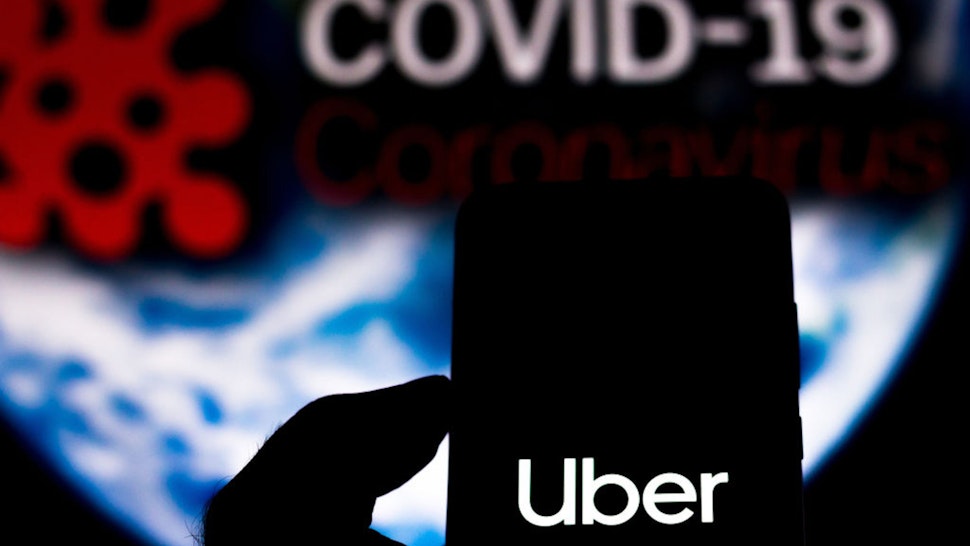California Attorney General Xavier Becerra filed a lawsuit against the ride-sharing companies Uber and Lyft on Tuesday for claiming that drivers are freelance contractors and not company employees, who would be subject to more stringent labor laws and workplace benefits.
While the feud over employee classification has been ongoing, the battle escalated last year after California Assemblywoman Lorena Gonzalez proposed a ride-sharing law that would classify drivers as employees in order to disrupt the “status quo” and “reshape the future of workers as we know it.”
Three cities — San Francisco, Los Angeles, and San Diego — have also joined the state in the lawsuit. As for its timing, Becerra suggests that the coronavirus pandemic has prompted a realization that drivers should actually want employee standing.
“Californians who drive for Uber and Lyft lack basic worker protections — from paid sick leave to the right to overtime pay,” said Becerra in a statement. “Sometimes it takes a pandemic to shake us into realizing what that really means and who suffers the consequences. Uber and Lyft drivers who contract the coronavirus or lose their job quickly realize what they’re missing.”
In a statement obtained by NBC News, Uber blasted the state for its poorly timed lawsuit and announcement.
“At a time when California’s economy is in crisis with four million people out of work, we need to make it easier, not harder, for people to quickly start earning. We will contest this action in court, while at the same time pushing to raise the standard of independent work for drivers in California, including with guaranteed minimum earnings and new benefits,” said Uber.
According to The Los Angeles Times, Lyft said that it was “looking forward to working with the Attorney General and mayors across the state to bring all the benefits of California’s innovation economy to as many workers as possible, especially during this time when the creation of good jobs with access to affordable healthcare and other benefits is more important than ever.”
Ride-sharing apps have argued that classifying drivers as employees removes one of the incentives of driving for those companies, including having the opportunity to set your own hours, and threatens the business model as a whole.
“Speak with drivers, and they will tell you they are attracted to the work because of the flexibility it affords,” Lyft and Uber executives said in a joint op-ed published in the San Francisco Chronicle last June, during a push against the law. “Very few jobs allow you to start or stop working whenever, wherever, as often as you want.”
In an op-ed around the same time, former U.S. Senator Barbara Boxer (D-CA), who has served as an advisor to Lyft, also advocated against the law, saying that many drivers rely on the freedom aspect of the gigs to make a living.
I met a dad who stays at home with his children while his wife works during the day. He drives when she’s at home. Sometimes that’s at 6 p.m., sometimes at 1 a.m., or sometimes not at all.I met a loving daughter who takes care of her aging, fragile mom. She drives when “Mom is having a good day.” She never knows in advance when that day or that hour will be.
According to The New York Times, both Uber and Lyft have been leaning heavily into the food delivery business amidst the economic downturn, but the news agency notes that Uber’s food delivery service has historically not turned a profit. Lyft, which did not have a food delivery service prior to this year, created a temporary one in March.

No comments:
Post a Comment